Marriott Bonvoy’s innovative approach earned them the HSMAI Adrian Award’s Best of Show honor in the Digital division for Marriott Bonvoy Land. The campaign successfully engaged younger generations by leveraging strategic partnerships and creating immersive experiences.
Learn more about the 2024 Adrian Awards Winners Here: https://adrianawards.hsmai.org/winners-gallery/
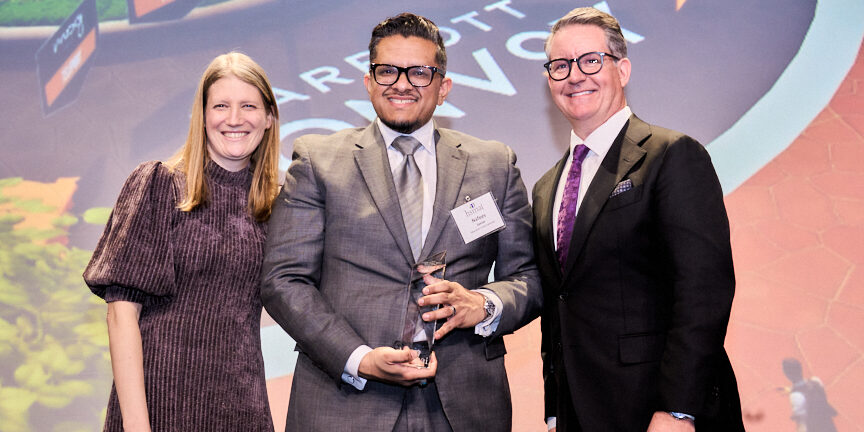


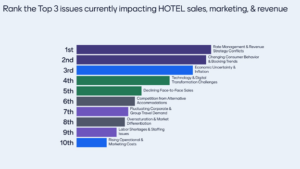

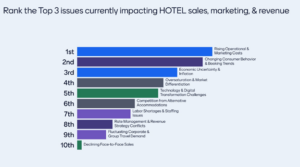
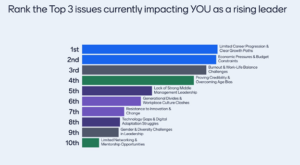
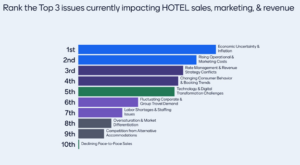


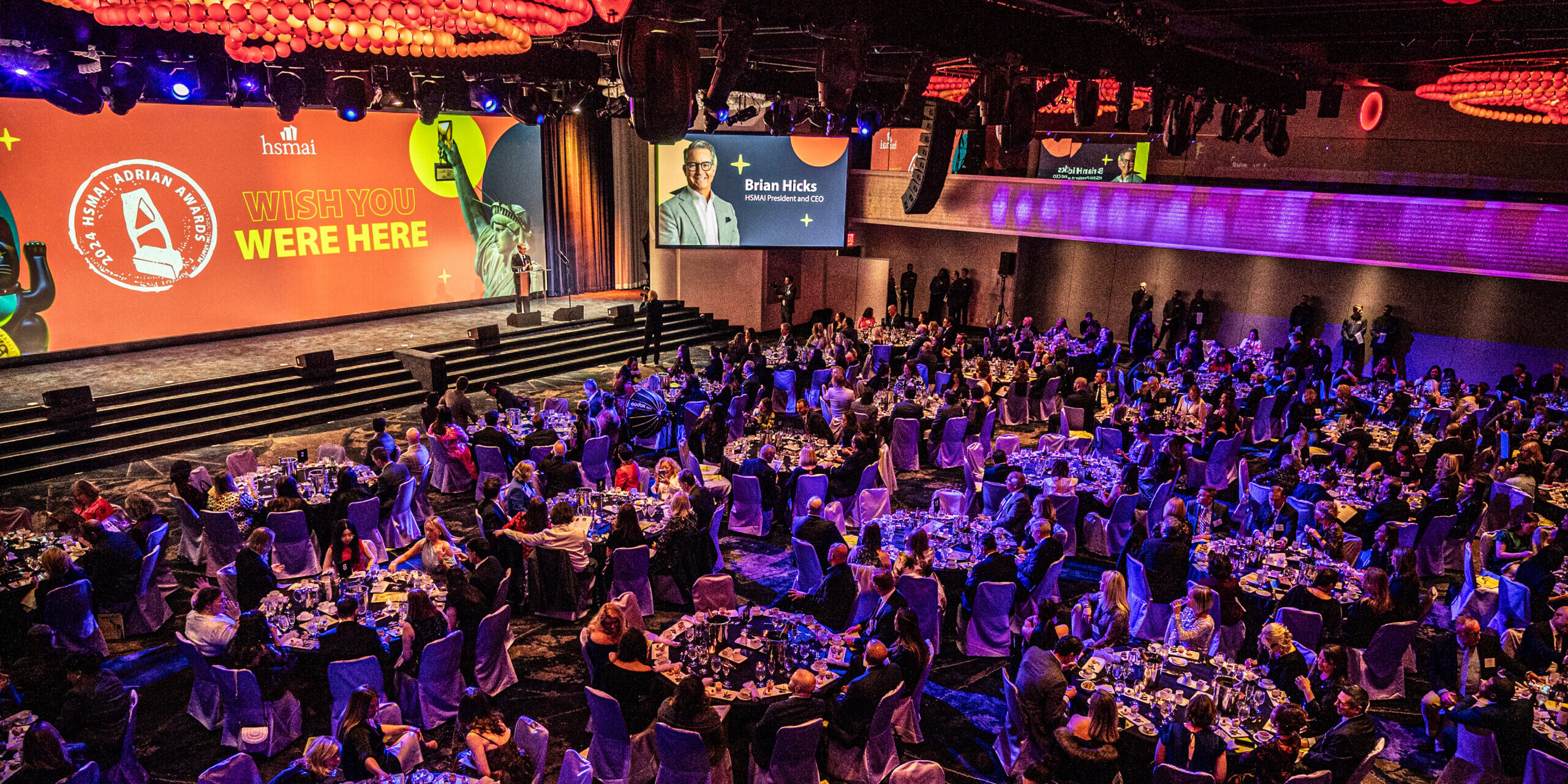
 The recent Adrian Awards, “Wish You Were Here,” was a showcase of creativity and innovation that embraced the theme.
The recent Adrian Awards, “Wish You Were Here,” was a showcase of creativity and innovation that embraced the theme. 

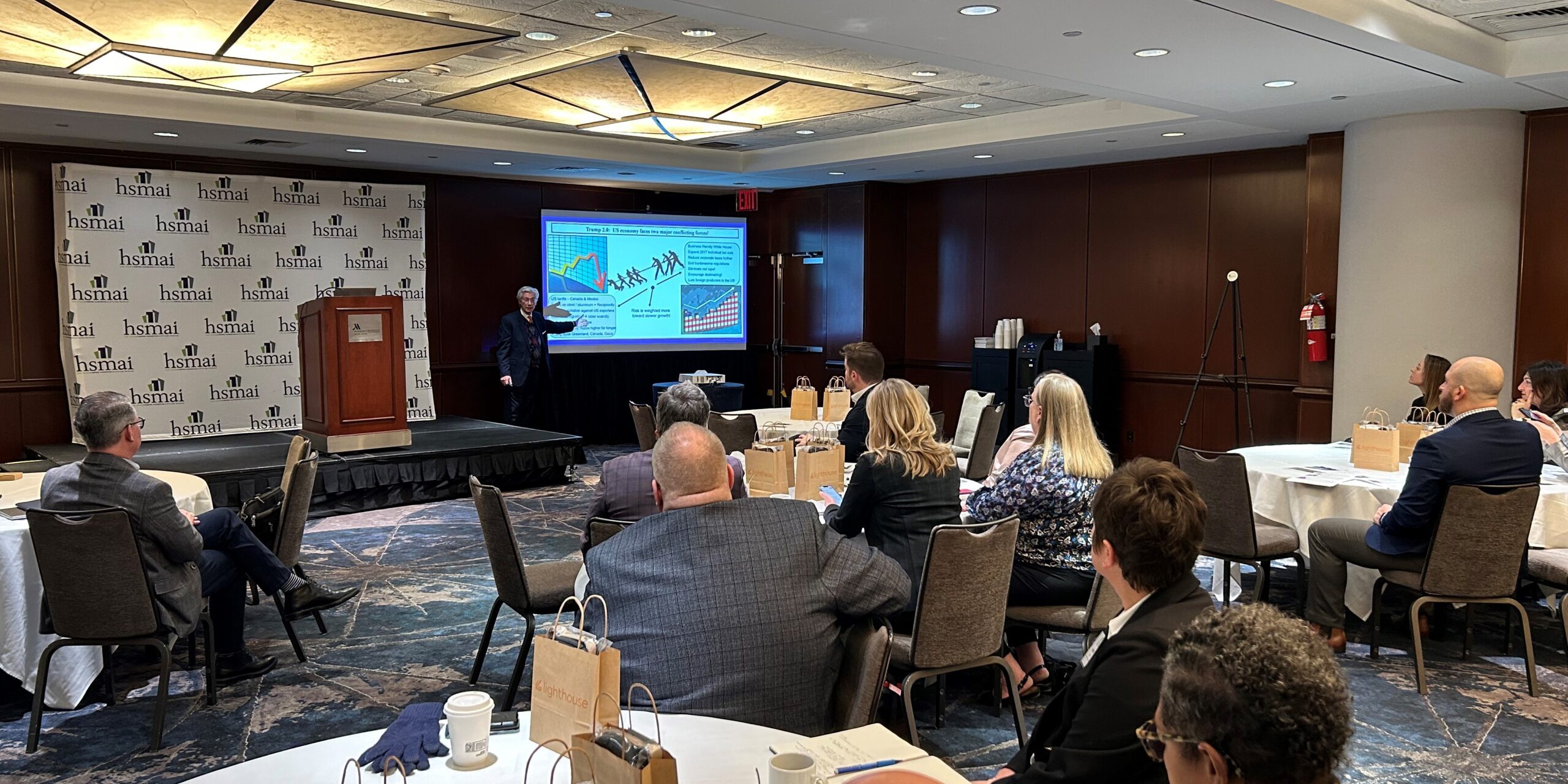
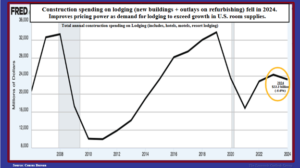





Thanks to our Gen Z panel for their insight into this generation’s travel & hospitality preferences!
The Top Takeaways:
💥 Gen Z is a generation of innovators
💥 Keep communication direct and real
💥 They value authenticity, innovation, and need to know “the why”
💥 Sometimes we need to chill on technology. Human connection is still key!
💥 They use AI to automate stay experiences, improve events & generate content
💥 Their travel search begins with the destination, and starts on social media
💥 Social media content needs to be authentic and real
💥 Video on websites is a must!
💥 Micromanaging in the workplace is a no-no
💥 Work/life balance means different things to different people, but the bottom line is to respect boundaries